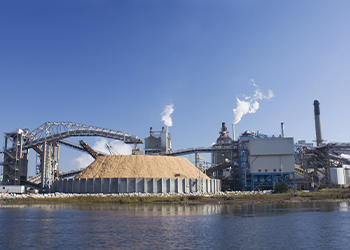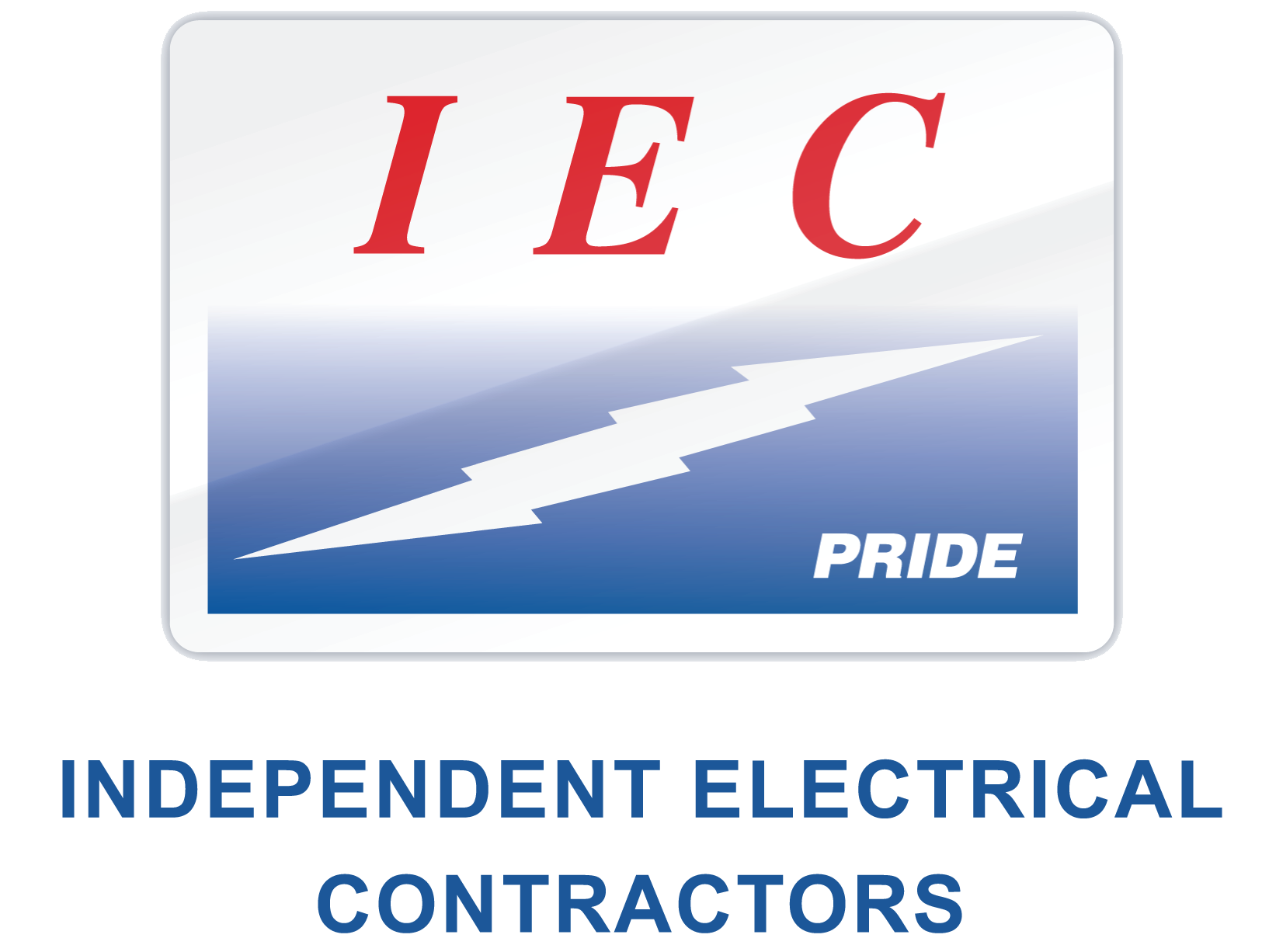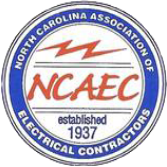
Pulp and Paper Manufacturing
 Electrical control panels play a crucial role in the Pulp and Paper Manufacturing Industry by facilitating the efficient and safe operation of various processes involved in paper production. These control panels are central components of automation systems, providing a means to monitor, control, and optimize the myriad of equipment and machinery used in the industry. Here are several aspects to consider when exploring the use of electrical control panels in the Pulp and Paper Manufacturing Industry:
Electrical control panels play a crucial role in the Pulp and Paper Manufacturing Industry by facilitating the efficient and safe operation of various processes involved in paper production. These control panels are central components of automation systems, providing a means to monitor, control, and optimize the myriad of equipment and machinery used in the industry. Here are several aspects to consider when exploring the use of electrical control panels in the Pulp and Paper Manufacturing Industry:
- Process Control and Automation:
-
- Pulp Processing: Electrical control panels are employed to automate the processing of raw materials into pulp. They help regulate variables such as temperature, pressure, and chemical concentrations to ensure optimal pulp quality and consistency.
- Papermaking: In the papermaking process, control panels manage the various stages, including pulping, refining, paper formation, pressing, drying, and finishing. Automation enhances precision, reduces human error, and improves overall process efficiency.
-
- Equipment Coordination:
-
- Conveyors and Motors: Control panels regulate the operation of conveyor systems and motors, ensuring seamless material flow throughout the production line. This helps in preventing bottlenecks and optimizing the usage of resources.
- Rolling and Cutting Machines: Electrical control panels enable precise control of rolling and cutting machines, ensuring accurate paper dimensions and minimizing waste.
-
- Energy Management:
-
- Power Distribution: Control panels are essential for distributing electrical power to different sections of the manufacturing facility. Smart energy management systems within these panels can help optimize energy usage, reducing overall operational costs and environmental impact.
- Motor Control Centers (MCCs): MCCs within the control panels regulate the power supplied to motors, ensuring energy-efficient operation and preventing unnecessary power consumption during idle periods.
-
- Safety and Emergency Shutdown:
-
- Emergency Protocols: Control panels incorporate safety features and emergency shutdown systems to respond quickly to potential hazards. This helps in protecting personnel, equipment, and the environment.
- Alarm Systems: Integrated alarm systems within the panels alert operators to deviations from normal operating parameters, allowing for proactive measures to avoid equipment damage or production interruptions.
-
- Data Monitoring and Analysis:
-
- SCADA Systems: Supervisory Control and Data Acquisition (SCADA) systems, often integrated with control panels, provide real-time monitoring and data collection. This data is valuable for analyzing trends, identifying inefficiencies, and making informed decisions to optimize production processes.
- Remote Monitoring: Some control panels support remote monitoring, enabling operators and maintenance personnel to access critical information and perform diagnostics from a centralized location.
-
- Compliance and Reporting:
-
- Regulatory Compliance: Control panels contribute to regulatory compliance by ensuring that processes adhere to environmental, safety, and quality standards. They often generate reports and documentation necessary for compliance audits.
-
In summary, electrical control panels in the Pulp and Paper Manufacturing Industry are integral to achieving operational efficiency, ensuring product quality, maintaining safety standards, and adapting to the evolving landscape of automation and technology. The integration of advanced control systems enhances the industry’s ability to meet production demands while addressing environmental and regulatory considerations.
Our Industries
- Agricultural Industry
- Automotive Manufacturing
- Chemical Laboratories
- Chemical Processing Industry
- Data Centers
- Educational Institutions
- Entertainment and Broadcasting Industry
- Food and Beverage Processing Industry
- Manufacturing Industry
- Medical Equipment Manufacturing Industry
- Mining and Minerals Processing Industry
- Oil and Gas Industry
- Pharmaceutical Manufacturing Industry
- Pulp and Paper Manufacturing Industry
- Rail Transportation Industry
- Renewable Energy Industry
- Research Laboratories
- Telecommunications Industry
- Textile Industry
- Transportation Industry
- Water and Wastewater Treatment
- Controls Services MAIN PAGE >












